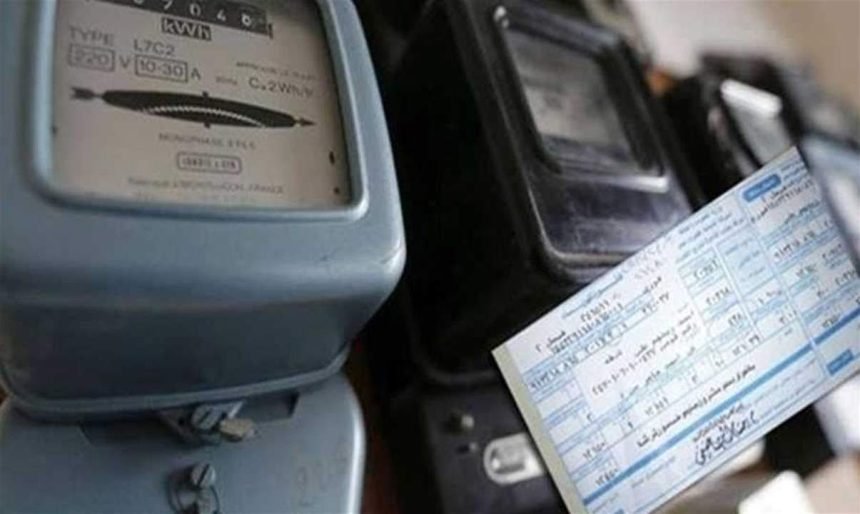The implementation of the government’s 2022 electricity plan, which included a price hike, has failed to address the long-standing mismanagement at Électricité du Liban (EDL). The electricity crisis continues unabated, resulting in severe rationing and significant challenges in bill collection. This issue is further compounded by the increased summer demand due to tourism and the Ministry of Energy and Water’s ongoing involvement in deals tainted with irregularities.
LIMS has criticized the 2022 electricity pricing reform as arbitrary, likening it to a tax on households rather than a fair payment for electricity consumed. The current pricing structure imposes a fixed payment on consumers regardless of their usage, which is deemed unjust for both the general public and government agencies. Many government entities and departments are struggling to pay their escalating electricity bills due to insufficient funds. Additionally, long delays in bill collection have led to situations where tenants vacate properties before bills are issued, leaving landlords responsible for unpaid charges.
LIMS has also raised concerns about the lack of oversight and clarity on whether collected bills are sufficient to cover fuel costs. This ambiguity casts doubt on EDL’s ability to fulfill its financial obligations for Iraqi fuel. Moreover, EDL’s lack of independence remains a significant issue, as it operates under the Ministry of Energy and Water’s control. The Minister is currently delaying the disposal of toxic materials at the Zouk power plant, which is located near a residential area that has suffered from harmful emissions for decades. The delay tactics appear to be aimed at facilitating a tender process marked by clientelism and irregularities, favoring a specific company.
LIMS has proposed that opening the electricity sector to competition and decentralizing production to local levels would lead to better service delivery, lower prices, and increased transparency. This approach is essential for addressing the systemic issues plaguing Lebanon’s electricity sector.
- As the tourism season approaches, what are the problems facing the Lebanese economy? May 2, 2024: RLL, Video Interview AR
- Energy Ministry’s Strategies: Seeking International Funding for Lost Water, May 12, 2024: Al Modon, Article AR
- A Message Calling Syrian Workers to Strike, May 12, 2024: Al Jadeed, Video Interview AR
- Serious Irregularities in The Ministry Of Energy and Dangerous Substances At The Zouk Power Plant, May 13, 2024: Beirut24, Article AR
- Lebanese Administrations Without Budgets To Pay Electricity Bills… And The Citizen Is The Permanent Victim, May 16, 2024: This Is Lebanon, Article AR

